THAAD threatens Northeast Asian peace
Updated: 2016-07-08 17:34
By Zhu Ping(China Daily)
|
||||||||
 |
|
A Terminal High Altitude Area Defense (THAAD) interceptor is launched during a successful intercept test, in this undated handout photo provided by the US Department of Defense, Missile Defense Agency. [Photo/Agencies] |
Oftentimes, people do something wrong while claiming to be doing good for someone else. This is exactly the US's role when it eventually persuaded the Republic of Korea (ROK) to position the US missile defense system on its soil.
Despite long-time strong opposition from China and Russia, THAAD, or Terminal High-Altitude Area Defense system, is ready to be deployed, the US and ROK military officials said on Friday.
No doubt the US is trying to justify the necessity of THAAD in the name of protecting its allies from the nuclear threats from the Democratic People's Republic of Korea. However, the truth is, such a cajolery totally serves the US's own "Asia Pivot" strategy at the cost of ROK interests. The advanced anti-missile system, if deployed, will not only intensify the tensions on the Korean Peninsula, but also break the strategic balance and make the trust deficit among the powers even larger.
Seoul is about 200 kilometers away from Pyongyang. To apply THAAD in detecting nuclear threats from the DPRK is like using a cannon to kill a mosquito. THAAD can detect as far as 2,000 kilometers, and therefore any missile tests conducted in Northeast, North and East China will be under close watch of THAAD. Therefore THAAD will pose most severe military threats to China and Russia, because it will enable the US to keep close eyes on the latter two's military deployment but the latter can't do the same to the US.
"Don't do unto others what you don't want others to do unto you." The US move apparently defies this Chinese saying, which will break the strategic balance among the powers and destabilize Northeast Asia further. That will force China and Russia to take countermeasures.
China has always been making efforts to promote the denuclearization of the Korean Peninsula, and is strongly against the DPRK's pursuit of nuclear weapons. It has taken a peaceful approach by trying to pull all relevant parties back to the negotiation table, which is the best option for Northeast Asia. As a responsible power, China doesn't shirk its duty. It joined in the sanctions aimed at forcing the DPRK to abandon the nuclear path on the one hand, while trying its best to minimize the impact on the DPRK's ordinary people.
In sharp contrast, the US is busy adding fuel to the fire on the peninsula. And this time, it even stabbed China in the back while pushing China to bear the brunt of tensions since the DPRK's nuclear test early this year. If the US and the ROK move forward with THAAD, the DPRK will be even more determined to pursue nuclear weapons, which cannot pose direct threats to the US homeland but can create enough troubles for the neighboring ROK and China.
The ROK should bear in mind the unfolding refugee crisis in Europe, which is a tragic consequence of the massive US strikes in the Middle East on its allies.
The THAAD, if deployed in the ROK, will deal a big blow to the best-ever China-ROK ties since establishment of diplomatic relations in 1992. China is the ROK's biggest trade partner, and the ROK is China's third biggest trade partner country. Facing some Japanese politicians' efforts to whitewash Japan's war crimes in World War II, China and the ROK stand firmly together.
But the US is trying to tear China and ROK apart, and reinforce the US-Japan-ROK military alliance. It makes use of the DPRK nuclear tests and manages to deploy the THAAD on the peninsula, which will sow the seeds of distrust between China and the ROK, and force China to face more pressure from the DPRK's military-first path.
It's the old trick of two birds with one stone. The US seems wise but actually it is playing the fool. The world stage doesn't need to be the solo show of the US. Global governance won't succeed without the cooperation of the world's biggest developing country and second biggest economy, China.
The US should really listen to China's call for a new type of major power relationship, and do something really good for good. It should stop THAAD in the ROK.
- Rain causes worse traffic congestion in southern cities: report
- University is young, but it's growing fast
- Party's promotional video goes viral online
- 40 years on: Tangshan builds miracle on debris after quake
- US agrees it's time to 'turn the page'
- Guidelines encourage parents to provide better care
- S. Korea to launch WWII 'comfort women' victims foundation
- China to become Australia's biggest tourist source market
- Patient shoots, kills doctor in Berlin then kills himself
- One of church attackers tried to join IS in Syria
- China's coal usage may peak by 2020, experts say
- Bavarian bomber pledged allegiance to Islamic State
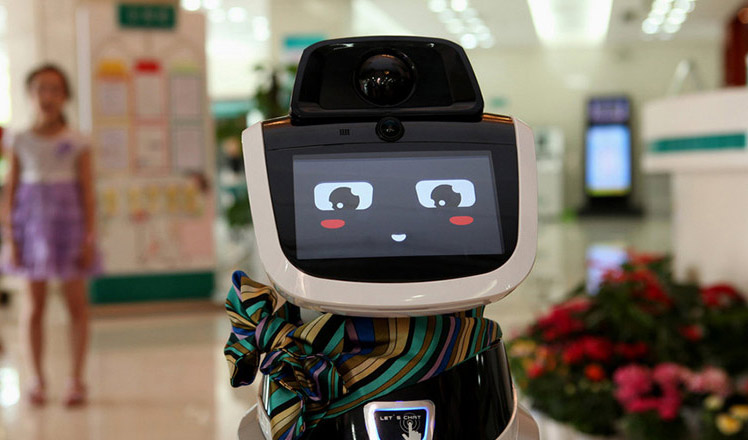
 Top 10 most profitable companies in the world
Top 10 most profitable companies in the world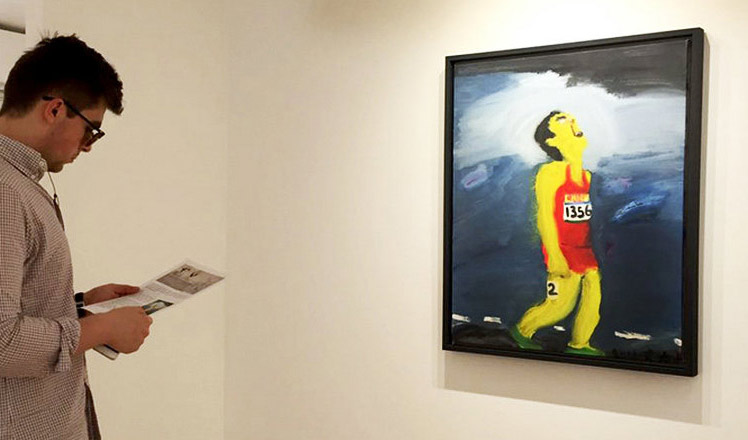
 Exhibition showcases Chinese artworks in London
Exhibition showcases Chinese artworks in London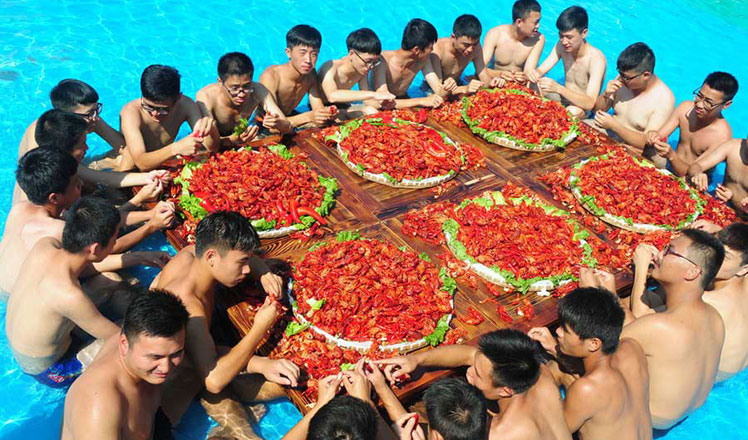
 In pics: Cool ways to beat the heat wave
In pics: Cool ways to beat the heat wave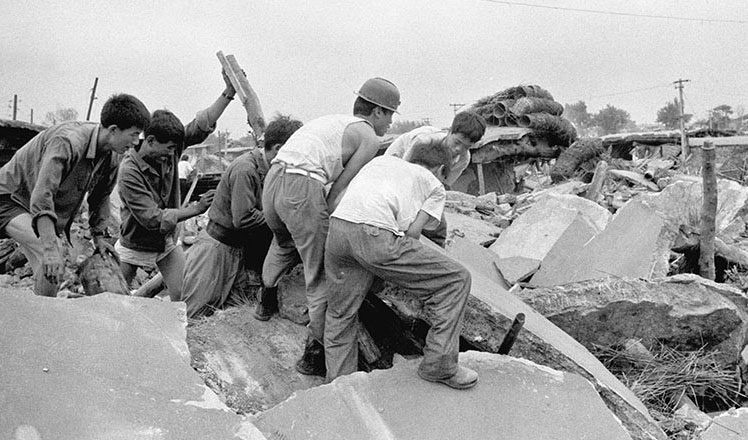
 Tangshan quake memories live on in photos 40 years later
Tangshan quake memories live on in photos 40 years later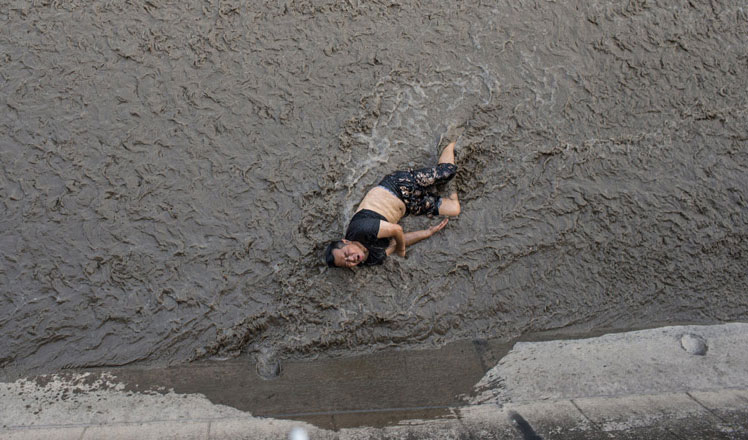
 Lucky escape: Journalist saves injured man from death
Lucky escape: Journalist saves injured man from death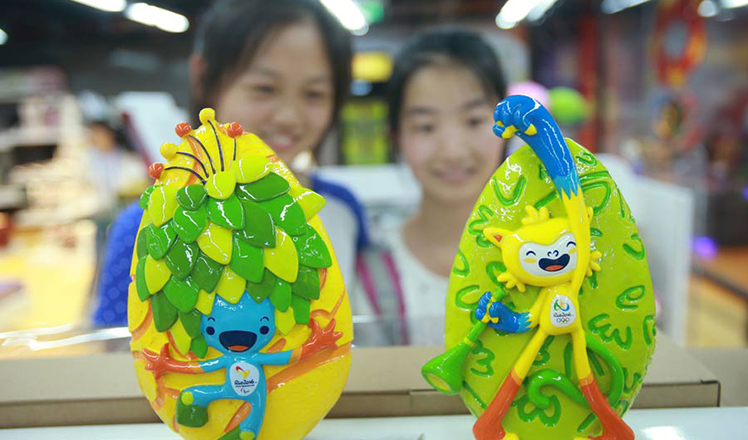
 Olympic merchandize popular ahead of games
Olympic merchandize popular ahead of games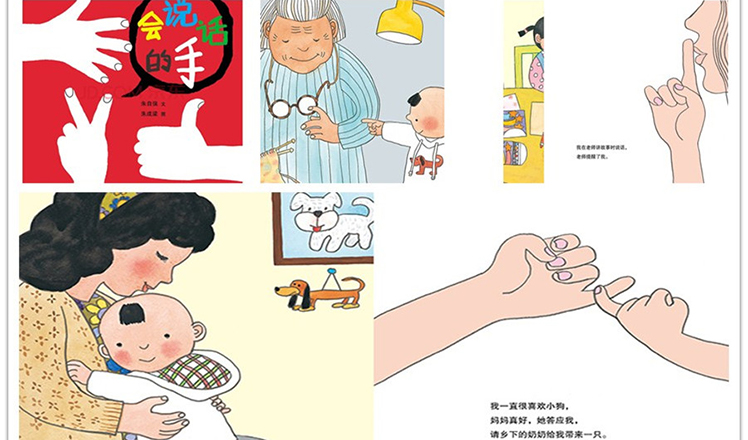
 Can't-miss Chinese picture books at Beijing book fair
Can't-miss Chinese picture books at Beijing book fair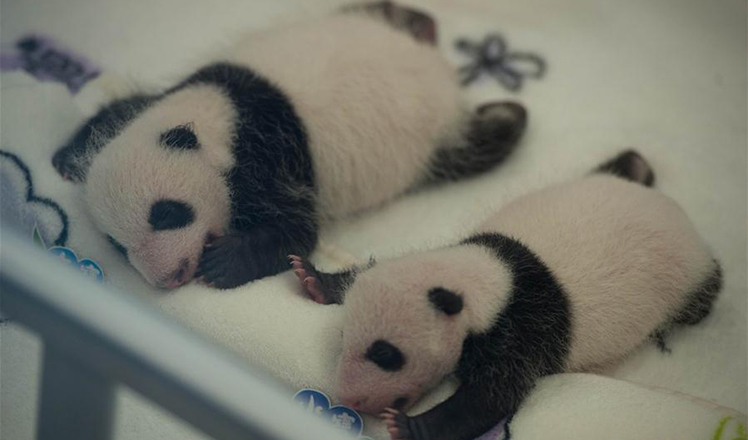
 Macao's panda twins meet public one month after birth
Macao's panda twins meet public one month after birth
Most Viewed
Editor's Picks

|

|

|

|

|

|
Today's Top News
Ministry slams US-Korean THAAD deployment
Two police officers shot at protest in Dallas
Abe's blame game reveals his policies failing to get results
Ending wildlife trafficking must be policy priority in Asia
Effects of supply-side reform take time to be seen
Chinese State Councilor Yang Jiechi to meet Kerry
Chinese stocks surge on back of MSCI rumors
Liang avoids jail in shooting death
US Weekly

|

|







